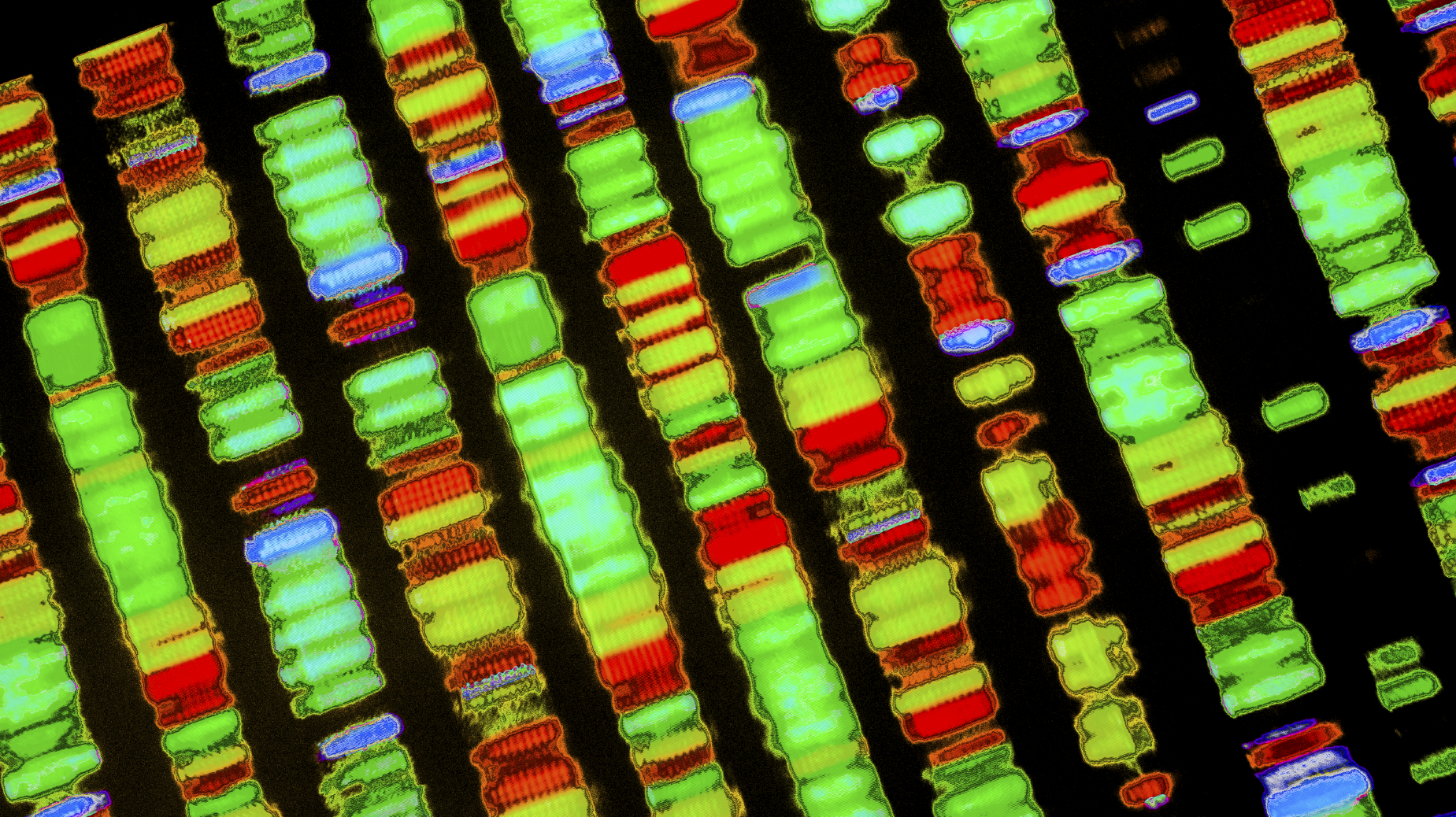EU regulators reject Santhera's Raxone for DMD

European regulators have rejected Santhera’s Raxone in Duchenne muscular dystrophy (DMD), who were unmoved by an oral presentation from the Swiss company last week.
Representatives of the Swiss biotech gave a talk at the meeting of the CHMP scientific committee last Wednesday to explain clinical data to support a label extension covering DMD.
Raxone (idebenone) is already approved as a treatment for the rare hereditary eye disease Leber’s hereditary optic neuropathy, and Santhera was asking for a label extension covering DMD, a rare muscle-wasting disease.
But regulators on the CHMP were unsure whether the phase 3 DELOS trial provides sufficient evidence of efficacy to allow for the new use.
Santhera’s CEO, Thomas Meier, said he was “surprised and disappointed” by the committee's opinion and said the company would appeal and ask the CHMP to re-examine the file.
The company has also run into similar issues with the FDA, which in July last year said results from DELOS were not enough for approval in DMD, and wanted to wait for results of the SIDEROS trial before making a decision.
Santhera announced results from the year-long DELOS back in April 2015, which showed the drug significantly reduced the annual decline in lung function, as measured by Peak Expiratory Flow, by 66% compared to patients taking placebo.
The company said other respiratory function targets such as Forced Vital Capacity (FVC) and Forced Expiratory Volume (FEV1) corroborated the results in the trial involving 64 European and US DMD patients aged 10-18 years.
Santhera's drug does not attempt to correct the genetic fault that causes muscle wasting associated with DMD - but instead attempts to boost energy levels in cells and stave off onset.
It’s fair to say that regulators in US and Europe have been inconsistent with their decisions on treatments for DMD, caused by an inherited fault in the gene for the protein dystrophin.
As the disease is so rare, trials are often small and regulators must make decisions based on much smaller sample sizes.
But there is a desperate need for treatments and last year the FDA approved Sarepta’s Exondys 51 (eteplirsen) – which attempts to correct the genetic fault that causes the disease.
The technique known as "exon skipping" tells the cell’s machinery to “skip” the section of the gene that causes the misfolded dystrophin protein.
While the FDA conditionally approved Exondys 51 until more convincing trial data is available, it rejected PTC Therapeutics' Translarna (ataluren) – which has been approved in Europe despite missing endpoints in clinical trials.
The FDA is reviewing Translarna again after PTC filed under protest following rejection earlier this year and forced another review – a committee of advisers is due to meet later this month ahead of a final decision at the end of October.
Meanwhile Exondys 51 is under review in Europe, with a decision due in the first half of next year. It is also available to some patients under a compassionate use programme.












